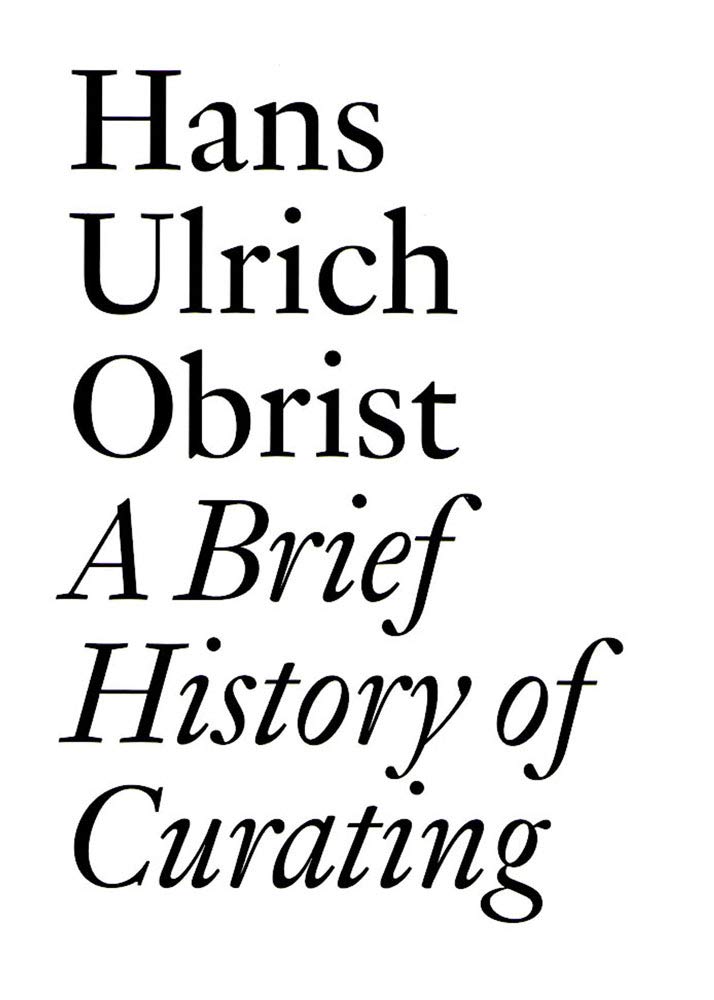

Most ebook files are in PDF format, so you can easily read them using various software such as Foxit Reader or directly on the Google Chrome browser.
Some ebook files are released by publishers in other formats such as .awz, .mobi, .epub, .fb2, etc. You may need to install specific software to read these formats on mobile/PC, such as Calibre.
Please read the tutorial at this link: https://ebookbell.com/faq
We offer FREE conversion to the popular formats you request; however, this may take some time. Therefore, right after payment, please email us, and we will try to provide the service as quickly as possible.
For some exceptional file formats or broken links (if any), please refrain from opening any disputes. Instead, email us first, and we will try to assist within a maximum of 6 hours.
EbookBell Team

4.3
28 reviewsA history of the last 50 years of curating told through Hans Ulrich Obrist's interviews with legendary curators Anne D'Harnoncourt, Werner Hoffman, Jean Leering, Franz Meyer, Seth Siegelaub, Walter Zanini, Johannes Cladders, Lucy Lippard, Walter Hopps, Pontus Hulten, and Harald Szeemann
Part of JRP|Ringer's innovativeDocumentsseries, published with Les Presses du Réel and dedicated to critical writings, this publication comprises a unique collection of interviews by Hans Ulrich Obrist mapping the development of the curatorial field--from early independent curators in the 1960s and 70s and the experimental institutional programs developed in Europe and the U.S. through the inception of Documenta and the various biennales and fairs--with pioneering curators Anne D'Harnoncourt, Werner Hoffman, Jean Leering, Franz Meyer, Seth Siegelaub, Walter Zanini, Johannes Cladders, Lucy Lippard, Walter Hopps, Pontus Hulten and Harald Szeemann. Speaking of Szeemann on the occasion of this legendary curator's death in 2005, critic Aaron Schuster summed up, "the image we have of the curator today: the curator-as-artist, a roaming, freelance designer of exhibitions, or in his own witty formulation, a 'spiritual guest worker'... If artists since Marcel Duchamp have affirmed selection and arrangement as legitimate artistic strategies, was it not simply a matter of time before curatorial practice--itself defined by selection and arrangement--would come to be seen as an art that operates on the field of art itself?"